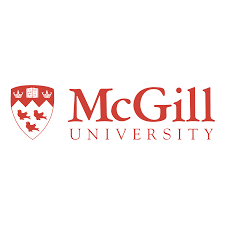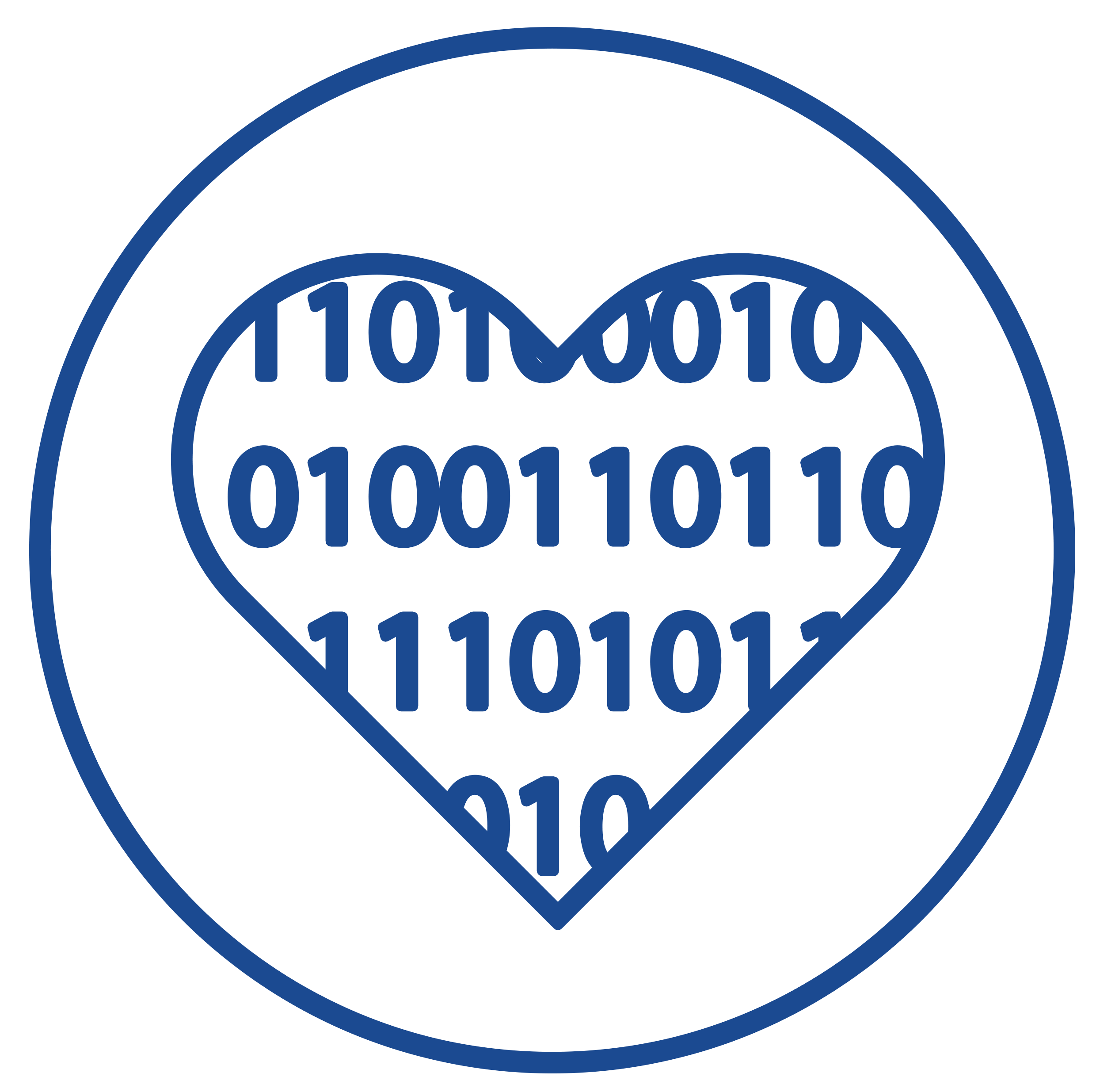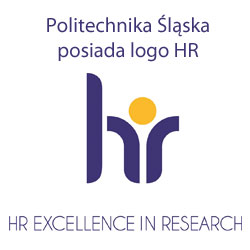Start - Wydarzenia

Seminarium POB1: prof. Janusz Rak
Serdecznie zapraszamy do udziału w kolejnym seminarium naukowym POB1. Naszym gościem będzie Pan Prof. Janusz Rak z McGill University, Montreal, Canada, światowej klasy ekspert z zakresu biologii nowotworów, który wygłosi wykład zatytułowany: „Tumour vasculature ‐ at the crossroads of extracellular vesicle‐mediated intercellular communication and oncogenic transformation.” Z dorobkiem naukowym Pana Prof. Janusza Raka zapoznać się można na stronie https://www.researchgate.net/profile/Janusz-Rak-2
Cancers can be seen as complex systems where intra‐cellular molecular defects, such as oncogenic mutations and epigenetic reprogramming impact the state of inter‐cellular communication networks. These networks ultimately drive the various facets of disease progression including pivotal tumourvascular interactions responsible for metabolic, growth regulatory and pathogenetic manifestations of the malignant process, as exemplified by highly vascular aggressive brain tumours, such as glioblastoma (GBM). While soluble ‘angiogenic factors’ have long been at the centre of the related biological, diagnostic and therapeutic considerations it is increasingly clear that more complex mechanisms of cell‐cell interactions are involved in formation of the tumour‐vascular interface. Of special interest in this regard are extracellular vesicles (EVs), heterogeneous cellular fragments enveloped in plasma membrane and containing multiple bioactive macromolecules and their combinations, including lipids, metabolites proteins and nucleic acids (RNA and DNA). EVs possess a unique capacity to transfer these biomolecules both locally and systemically altering the biology of tissue microenvironments and recipient cells. For example, GBM‐related EVs are implicated in systemic propagation of the procoagulant state, which is associated with disease progression and life‐threatening blood clotting complications. We observed that cancer‐derived EVs containing mutant oncogenes may profoundly alter the biology of vascular endothelial cells of tumour blood vessels including reprogramming their signalling pathways, transfer of genetic instability, and changes in mechanisms of tumour neovascularization. Indeed, while the proneural subtype of glioma stem cells (GSCs) form tumours in mice through growth of small capillary vessels (angiogenesis), mesenchymal GSCs trigger a completely different, non‐angiogenic vascular growth process (vasectasia) that depends on intercellular transfer of the oncogenic epidermal growth factor receptor (EGFRvIII). Importantly, these distinct vascular processes exhibit different molecular features and respond to different therapies. Thus, the analysis of EV‐dependent intercellular communication pathways may yield hitherto unsuspected therapeutic opportunities in hard to treat cancers such as GBM.














